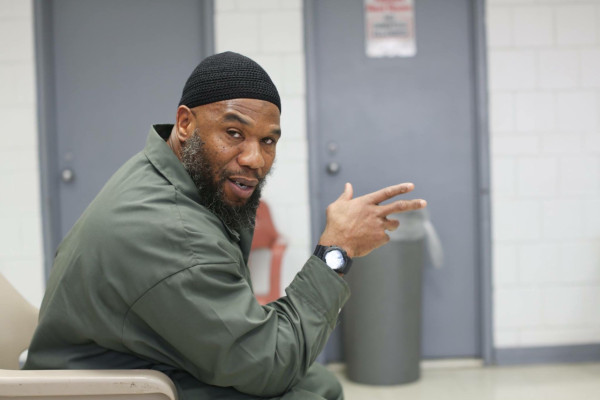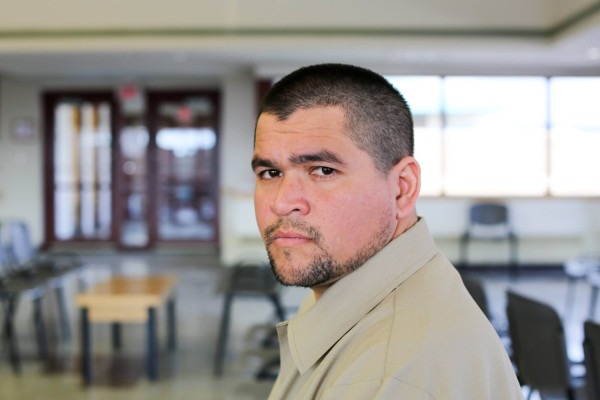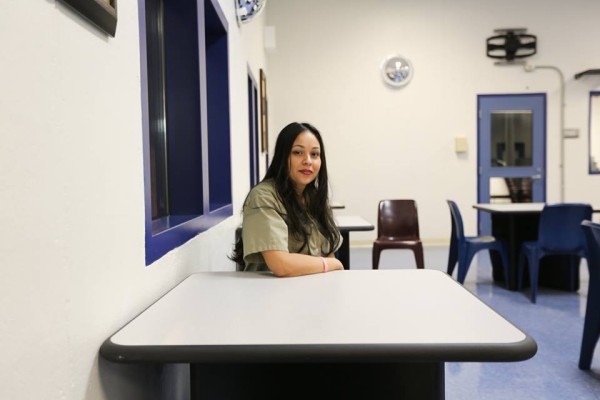It only happens once every four years. Leap year comes around and you get an extra day to do with as you wish. One of my cousins has a wedding anniversary on leap day. It fits the couple’s sense of humor, trust me. They milk the day for all its worth. Every four years they get to celebrate their anniversary and remind people that they’ve only been married a quarter of the time that it seems.

On the other hand, leap year gives each of us a gift every four years. We get an extra day, an extra twenty-four hours, to even things out and get ahead. We get extra time to do some of the things that we need to accomplish and extra time to do some of the things that we want to accomplish. Leap day is a great day to do a little bit of both. Here are ten suggestions:
- Revisit your goals. Remember those resolutions and goals you made in January? Pull them out again. Take a look at them. If you’ve let them slip it’s not too late to pick them up, dust them off, and lean into them once again.
- Start learning a new skill. One of my goals this year is to launch a podcast. I’m going to use part of my extra day to learn Adobe Audition so that I can begin my podcast in the near future. I’d also love to learn Adobe Photoshop so that I can create some of my own graphics.
- Begin or finish reading a new book. I’m two-thirds of the way through Launch. It’s a book that teaches how to use the tool of the internet to bring exposure to the things that you create. I hope to use this formula to launch my upcoming book.
- Get outside. No matter where you live, whether it’s warm or cold, winter is nearing an end and days are getting longer. Take a walk. Step out the door and run. Ride a bike. If it’s not a habit already, use today to take the first step toward making it one.
- Take some sabbath rest. You work hard. You need rest. Leap year gives you an extra day. An extra day can be used both for extra work and extra rest. As the day starts decide how much you will take free from work: an hour, two hours, or the whole day. Go ahead. You deserve it.
- Do something nice for someone. It’s great to do something nice for someone every day. But use the excuse of an extra day this year to send flowers, bring a treat to work, write a note, or give a compliment.
- Watch a documentary. Netflix has a wonderful six-part series called Chef’s Table. Each episode is a fascinating overview of the life, philosophy, and art of a world renowned chef. Watching these shows fueled my own creativity. It just goes to show that real life is just as fascinating, if not more so, than fiction.
- Cook something different. Go to foodandwine.com, find a recipe you’ve never used before, and surprise your family or friends with something completely different. I’ve found the recipes at foodandwine.com to be relatively easy, absolutely delicious, and well worth the time to treat your taste buds.
- Get rid of something. Have you heard? There’s a minimalist movement going on. In fact, two men named Joshua Fields Millburn and Ryan Nicodemus teach others how to lead a meaningful life with less. They’re called “The Minimalists.” I’ve got some clothes in my closet that I definitely have to get rid of. What can you get rid of today and lead a more minimal life?
- Donate to a worthy cause. Your local church or nonprofit can always use the extra funds. Or if you’re going out to dinner tip the waiter or waitress more than 20%. The fastest way to get money to people who really need it is by leaving a good tip.
Leap year gives us an extra day. Let’s use it wisely.
What suggestion would you give for using our extra day this leap year?











